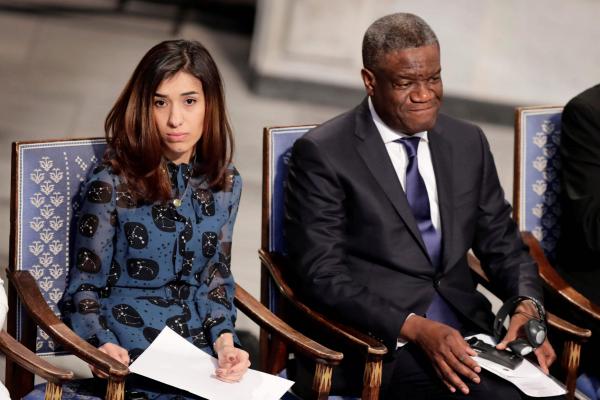Dec 10, 2018
Dr. Denis Mukwege, who has just received the 2018 Nobel Peace Prize for his work in the Democratic Republic of Congo, shows us one example of what global Pentecostalism can look like. Mukwege is sharing the award with Nadia Murad of Iraq for their efforts to end the use of sexual violence as a weapon of war and armed conflict.
Mukwege’s Panzi Hospital, located in Bukavu at the heart of the conflict-ridden South Kivu province, treated over 50,000 survivors of sexual violence during the last 20 years. Mukwege has also repeatedly criticized the Congolese government. In 2012, he was almost assassinated and his family was held at gunpoint.
Read the Full Article

Already a subscriber? Login
